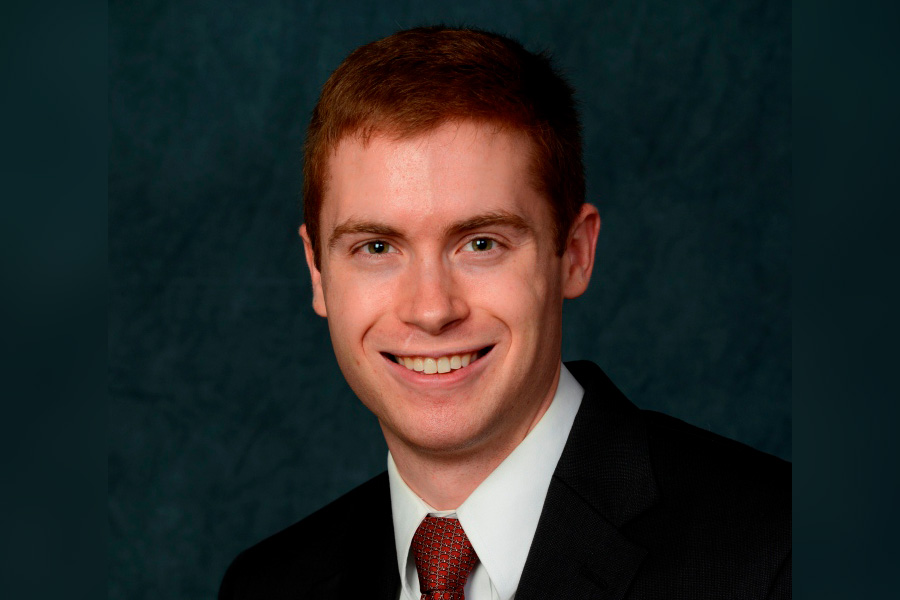What is your current role in health care?
“I’m a designer at Sutter Health Design & Innovation. Our team focuses on creating partnerships, developing new products and services, and fostering a culture of innovation. Within the office, I work with a great group of colleagues to design new solutions to a lot of different healthcare challenges, from remote monitoring to employee retention.
I am also a co-founder of a company called Masamichi Souzou. We work on designing individual, organizational, and government products and services to improve people’s happiness and well-being.”
What stands out as a favorite memory during your time as an MHA student?
“I have many great memories from my time in Minnesota, but three come to the top of my mind. First, the fishing trip was a highlight for me; it was a nice way to bond as a cohort. One of the best things in the program was being able to make new connections. As we all know, a lot of learning happens not just because of the teaching, but because of our colleagues. It’s been a treat being able to keep in touch with many of them.
The second memory that stood out to me was the “Walk and Gawk” course. This was one of my favorite aspects about the program. Exposure to different systems and people was amazing and was extremely valuable in terms of understanding what we might be doing post-grad.
The third was the problem solving course where we did a bit of work for an organization. In the other curriculum, I learned a lot, but it wasn’t the same as working on real projects. It was a great opportunity.”
How has the MHA Program helped prepare you for your career?
“One experience that definitely changed my life was having the privilege of completing my residency at Mayo Clinic’s Center for Innovation. I worked on a design research project and it fundamentally changed what I wanted to do. I realized I didn’t want to do the business side as much anymore and wanted to be exercising my more creative skills. I wouldn’t have realized that without that opportunity.”
What challenges and opportunities will healthcare leaders encounter in the next 5-15 years? What skills will leaders need to be successful in light of these challenges and opportunities?
“There are so many challenges and opportunities coming our way. Among them, I feel that healthcare leaders’ ability to collaborate with non-healthcare organizations and government agencies to solve problems is going to be one of the most important. More than ever, non-healthcare entities are taking control of many of the factors impacting human health in our country. We need to be able to collaborate with them and understand them to make more of an impact.
Regardless of the challenge, one skill that I feel is mandatory is that we need to always be thinking about the customer (our patients and employees) in the years ahead. We should be thinking about and designing around them in every project, new initiative, and strategy and even just on a daily basis. For example, this could come from making time each day to meet patients or ensuring that our projects always include research to learn more about our patients or colleagues.
I think the other one is just working on moving faster. It sounds elementary, but being willing to try new things quickly seems more important now more than ever, especially as start-ups, big tech companies, etc. move at such a different pace. Among many things, I am working on this every day.”
If you could give one piece of advice to a current student, what would it be?
“A mentor of mine gave me some advice a while back about making career decisions and I’d love to pass it on. He said you should measure your current job by asking three questions. If you don’t answer “yes” to each one, you should consider a change. The first was “are you happy and having fun at work and with your colleagues?” The second “are you being challenged?” And, lastly, “are you providing value to the organization?”

